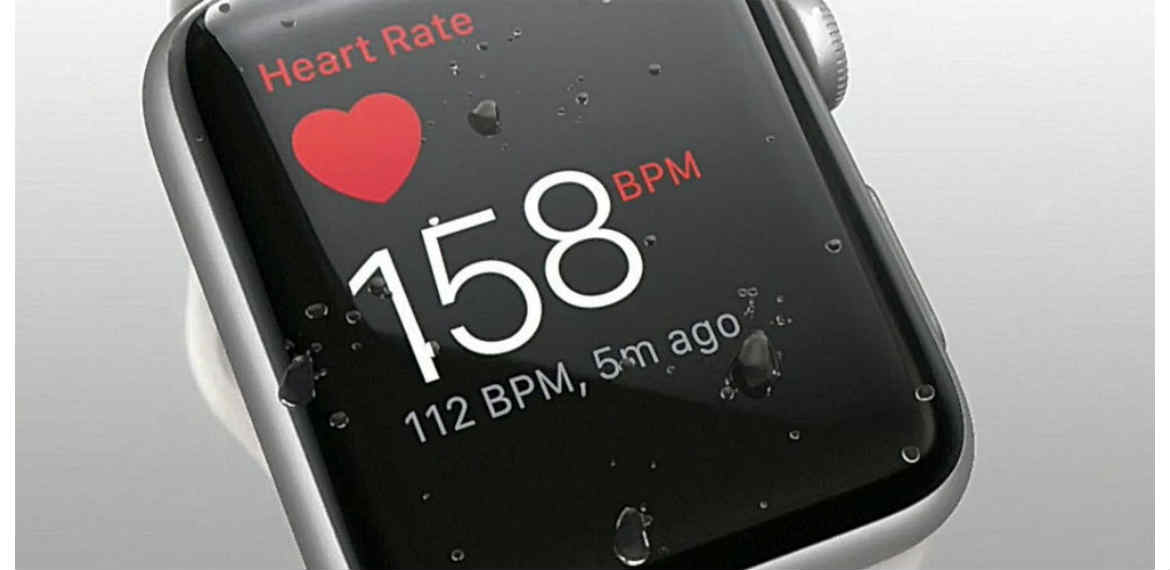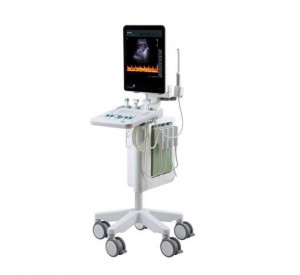The Stanford University School of Medicine and Apple conducted a study called the ‘Apple Heart Study’ which aimed to evaluate Apple Watch’s irregular rhythm notification.
In the report released by Apple, the study which was participated by over 400,000 participants from all 50 states for eight months showed the Apple Watch’s capability to identify irregular heartbeats as it alerted over 0.5 percent (over 2,000 people) who received irregular heart rhythm notification on their Apple Watch and iPhone.
According to the researchers’ findings, the comparisons between irregular pulse-detection on Apple Watch and simultaneous electrocardiography (ECG) patch recordings showed the pulse detection algorithm (indicating a positive tachogram reading) has a 71 percent positive predictive value.
Meanwhile, participants who received irregular pulse notifications were found to be in atrial fibrillation at the time of the notification 84 percent of the time.
“One-third (34 percent) of the participants who received irregular pulse notifications and followed up by using an ECG patch over a week later were found to have atrial fibrillation. Since atrial fibrillation is an intermittent condition, it’s not surprising for it to go undetected in subsequent ECG patch monitoring,” Stanford researchers noted.
57 percent of those who received irregular pulse notifications sought medical attention.
“As physicians, we are always trying to find ways to offer patients health information that is meaningful to them for individualized care. Seeing medical research reflect what we’re hearing from consumers is positive and we’re excited to see Apple Watch helping even more consumers in the future while collaborating with the medical community to further research,” said Sumbul Desai, MD, Apple’s vice president of Health.
(Photo source: 9to5mac.com/ apple.com)












